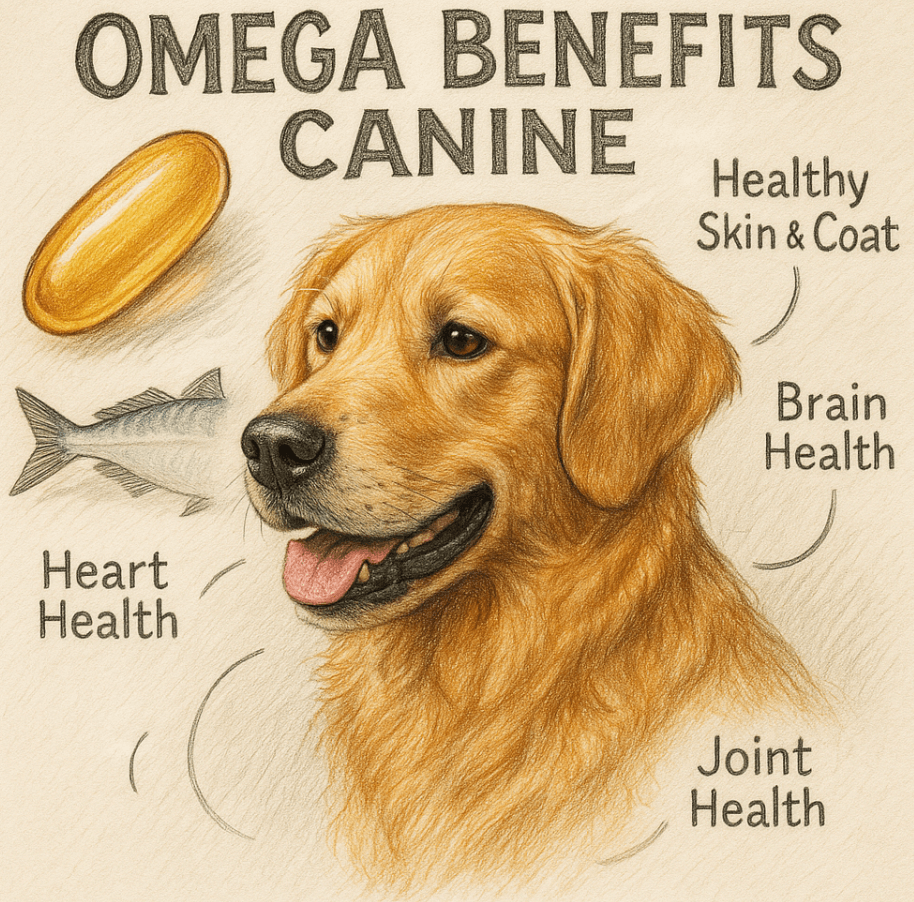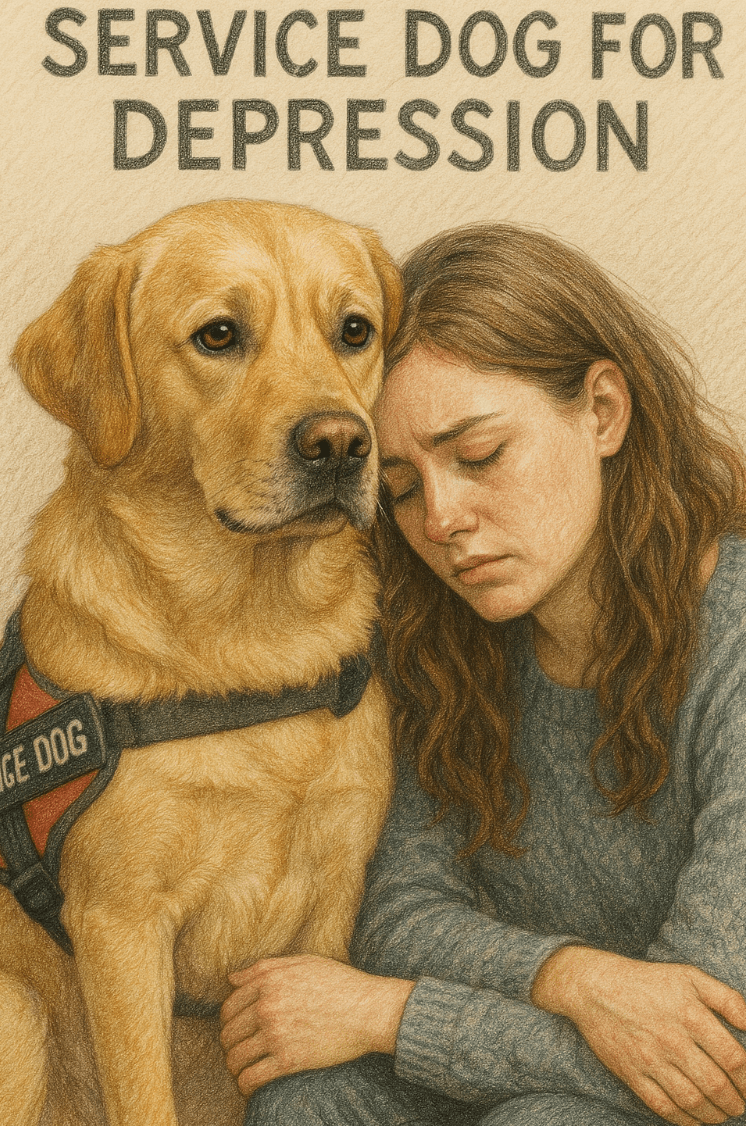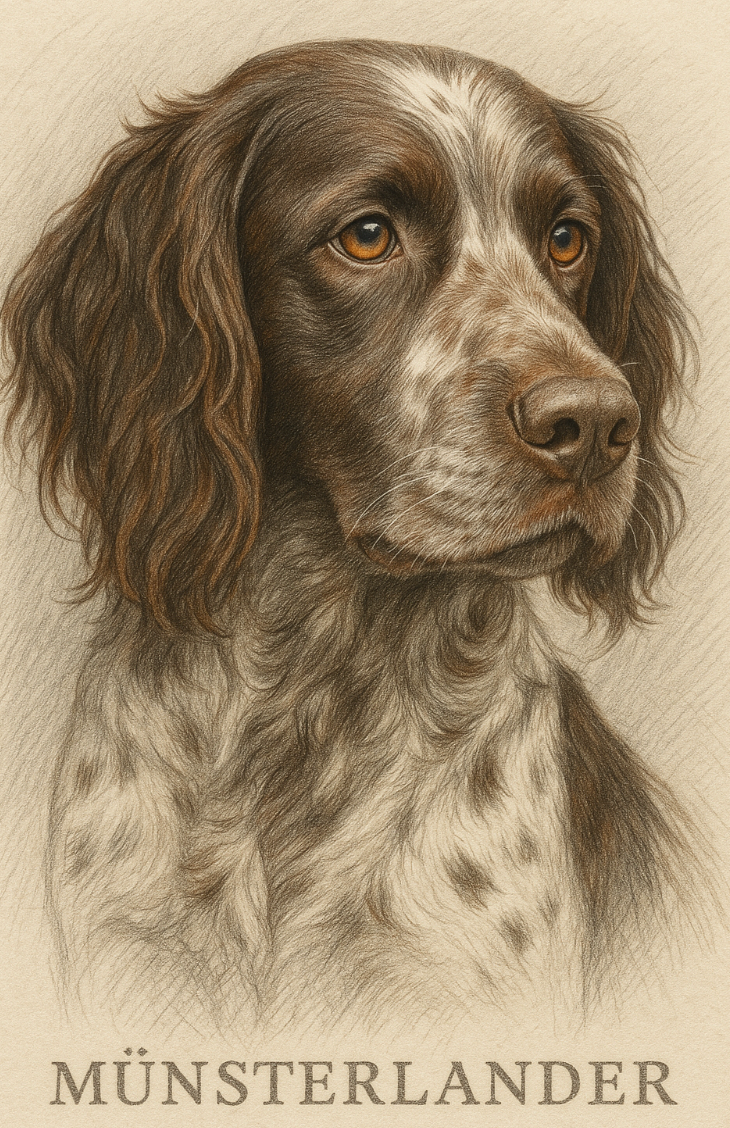Dog Reflux Symptoms: What Every Pet Owner Should Know
Gastroesophageal reflux, commonly referred to as acid reflux, isn’t just a human condition—it can affect dogs too. This uncomfortable and potentially serious issue occurs when stomach acid flows backward into the esophagus, causing irritation and discomfort. While it may not always be obvious, recognizing the symptoms of reflux in dogs is crucial for ensuring their health and well-being. From mild cases to chronic conditions, understanding what to look for and how to respond can make all the difference. In this blog post, we’ll explore the signs, causes, and management strategies for dog reflux, empowering you to provide the best care for your furry friend.
Common Symptoms of Dog Reflux
Identifying reflux in dogs can be challenging, as the symptoms often mimic other digestive issues. However, paying attention to these key signs can help you determine whether your dog is suffering from this condition.
Regurgitation:
Unlike vomiting, regurgitation involves the effortless expulsion of undigested food shortly after eating, which is a hallmark symptom of reflux.Excessive Drooling:
Increased saliva production is a natural response to esophageal irritation caused by stomach acid.Loss of Appetite:
Dogs with reflux may avoid eating due to the pain or discomfort associated with swallowing.Gulping or Swallowing Difficulty:
You might notice your dog repeatedly swallowing or appearing to struggle while eating or drinking.Bad Breath (Halitosis):
The presence of stomach acid in the esophagus can lead to an unpleasant odor emanating from your dog’s mouth.
Recognizing these symptoms early allows you to seek veterinary care promptly, preventing further complications.
Potential Causes of Reflux in Dogs
Understanding the underlying causes of reflux can help you take preventive measures and address the root of the problem. Here are some common factors that contribute to this condition.
Anesthesia Complications:
Reflux can occur as a side effect of anesthesia during surgical procedures, particularly if the dog’s esophagus is irritated.Improper Feeding Habits:
Feeding your dog large meals or allowing them to eat too quickly can increase the risk of reflux.Hiatal Hernia:
This condition, where part of the stomach protrudes into the chest cavity, can lead to chronic reflux symptoms.Dietary Changes:
Sudden shifts in diet or feeding inappropriate foods can upset your dog’s digestive system.Underlying Health Conditions:
Diseases like esophagitis or gastrointestinal disorders can predispose dogs to reflux.
By addressing these potential triggers, you can reduce the likelihood of reflux and improve your dog’s overall digestive health.
Check this guide 👉What Antacid Can I Give My Dog? Best 7 Expert Tips!
Check this guide 👉Understanding Bile Acids Tests in Dogs: Best 7 Expert Tips!
Check this guide 👉Understanding Acid Reflux in Dogs: Best 7 Health Tips!

Symptoms of Dog Reflux | Possible Causes of Reflux |
|---|---|
Regurgitation | Anesthesia complications |
Excessive drooling | Improper feeding habits |
Loss of appetite | Hiatal hernia |
Difficulty swallowing | Dietary changes |
Bad breath (halitosis) | Underlying health conditions |
Managing Dog Reflux at Home
While veterinary care is essential for diagnosing and treating reflux, there are several steps you can take at home to support your dog’s recovery and prevent future episodes.
Feed Smaller, Frequent Meals:
Breaking meals into smaller portions throughout the day reduces pressure on the stomach and minimizes reflux risk.Elevate Food Bowls:
Raising your dog’s food and water bowls can help gravity keep stomach contents where they belong.Avoid Fatty or Spicy Foods:
Stick to bland, easily digestible diets recommended by your veterinarian to soothe the digestive tract.Limit Physical Activity After Eating:
Encourage rest rather than vigorous exercise immediately after meals to prevent stomach acid from flowing back.Monitor Water Intake:
Ensure your dog drinks enough water but avoid excessive gulping, which can worsen reflux symptoms.
Implementing these strategies can significantly improve your dog’s comfort and quality of life.
When to Seek Veterinary Care for Dog Reflux
While some cases of reflux resolve with minor adjustments, others require professional intervention. Knowing when to consult a vet ensures your dog receives timely treatment.
Persistent Symptoms:
If your dog shows ongoing signs of reflux despite dietary changes, it’s time to seek medical advice.Weight Loss:
Unexplained weight loss indicates that the condition may be affecting your dog’s ability to absorb nutrients.Vomiting Blood or Black Stool:
These alarming symptoms suggest severe esophageal damage or ulcers, requiring immediate attention.Lethargy or Weakness:
A lack of energy or enthusiasm could signal dehydration or malnutrition caused by reflux.Difficulty Breathing:
If your dog struggles to breathe, it may indicate aspiration pneumonia, a serious complication of reflux.
Prompt veterinary care can prevent complications and ensure your dog’s speedy recovery.
Preventive Measures to Reduce Reflux Risk
Prevention is always better than cure when it comes to managing dog reflux. Incorporating these practices into your routine can minimize the chances of your dog developing this condition.
Maintain a Consistent Diet:
Avoid sudden dietary changes and stick to high-quality, veterinarian-approved foods tailored to your dog’s needs.Encourage Slow Eating:
Use slow-feed bowls or puzzle feeders to prevent your dog from gulping down food too quickly.Regular Vet Check-Ups:
Routine examinations help detect early signs of reflux or related conditions before they escalate.Minimize Stress:
Anxiety and stress can exacerbate reflux; create a calm environment for your dog during meal times.Avoid Late-Night Feeding:
Allow at least two hours between your dog’s last meal and bedtime to reduce nighttime reflux episodes.
Taking these preventive steps can safeguard your dog’s digestive health in the long run.
Alternative Remedies for Mild Reflux Cases
For dogs with mild reflux, some natural remedies may complement veterinary treatments. Always consult your vet before trying these options.
Slippery Elm:
This herbal supplement coats the esophagus and stomach lining, reducing irritation and promoting healing.Probiotics:
Adding probiotics to your dog’s diet supports gut health and balances the digestive system.Aloe Vera Gel (Pet-Safe):
A small amount of aloe vera gel can soothe inflammation in the digestive tract.Ginger Tea:
Ginger has anti-inflammatory properties that may ease nausea and improve digestion.Pumpkin Puree:
Rich in fiber, pumpkin helps regulate digestion and prevents stomach acid buildup.
These alternatives offer gentle ways to support your dog’s recovery under professional guidance.
Lifestyle Adjustments for Chronic Reflux Management
If your dog suffers from chronic reflux, long-term lifestyle adjustments are necessary to manage the condition effectively.
Permanent Diet Modifications:
Switch to hypoallergenic or prescription diets designed for sensitive stomachs to minimize flare-ups.Scheduled Feeding Times:
Establish a strict feeding schedule to regulate digestion and reduce reflux triggers.Weight Management:
Maintaining a healthy weight reduces pressure on the stomach and lowers reflux risk.Environmental Enrichment:
Provide mental stimulation and physical activity outside of meal times to reduce stress-related reflux.Regular Monitoring:
Keep track of your dog’s symptoms and report any changes to your vet for timely interventions.
With consistent effort and care, even chronic reflux can be managed successfully, ensuring a comfortable life for your beloved pet.
Frequently Asked Questions About Dog Reflux
Can dogs outgrow reflux?
Some puppies may outgrow mild reflux as their digestive systems mature, but chronic cases often require ongoing management.
Is reflux painful for dogs?
Yes, the irritation caused by stomach acid can be uncomfortable and distressing for your dog.
Can I give my dog antacids?
Never administer medications without consulting your vet, as improper use can harm your dog’s health.
How long does it take to recover from reflux?
Mild cases may improve within days, while chronic reflux requires weeks or months of treatment and lifestyle changes.
Are certain breeds more prone to reflux?
Brachycephalic breeds (e.g., Bulldogs, Pugs) and small breeds are more susceptible due to their anatomy and esophageal structure.
Prioritizing Your Dog’s Digestive Health
Reflux in dogs may seem daunting, but with awareness and proactive care, you can manage this condition effectively. By recognizing the symptoms, addressing potential causes, and working closely with your veterinarian, you can ensure your dog enjoys a happy, healthy life free from unnecessary discomfort. Remember, your furry companion relies on you to advocate for their well-being—so stay vigilant, patient, and compassionate as you navigate their journey to recovery.
Omega Benefits Canine: Best 7 Expert Tips! Discover how omega fatty acids boost your dog’s health, from skin and coat to joints and immunity, with expert advice for optimal canine wellness.
Service Dog for Depression: Best 7 Expert Tips! Discover how service dogs provide emotional support, perform vital tasks, and improve mental health for individuals managing depression.
Is a Great Pyrenees a Family Dog? Best 7 Expert Tips! Discover expert advice on temperament, care, and training to determine if this gentle giant is the perfect family companion for your home.
Munsterlander Dog: Best 7 Expert Tips! Discover expert advice on training, care, and living with this intelligent, energetic breed for a happy and healthy companion.





